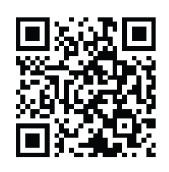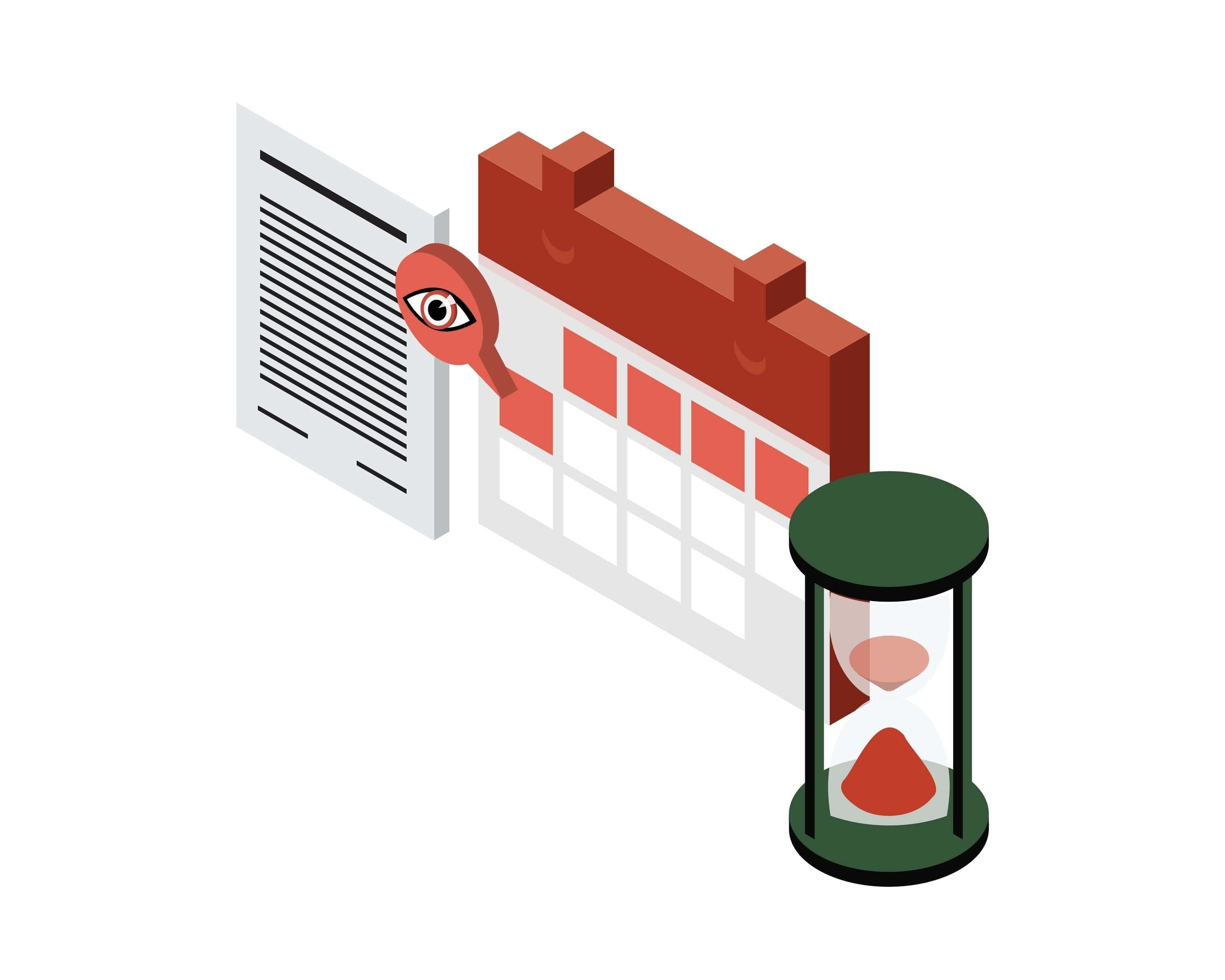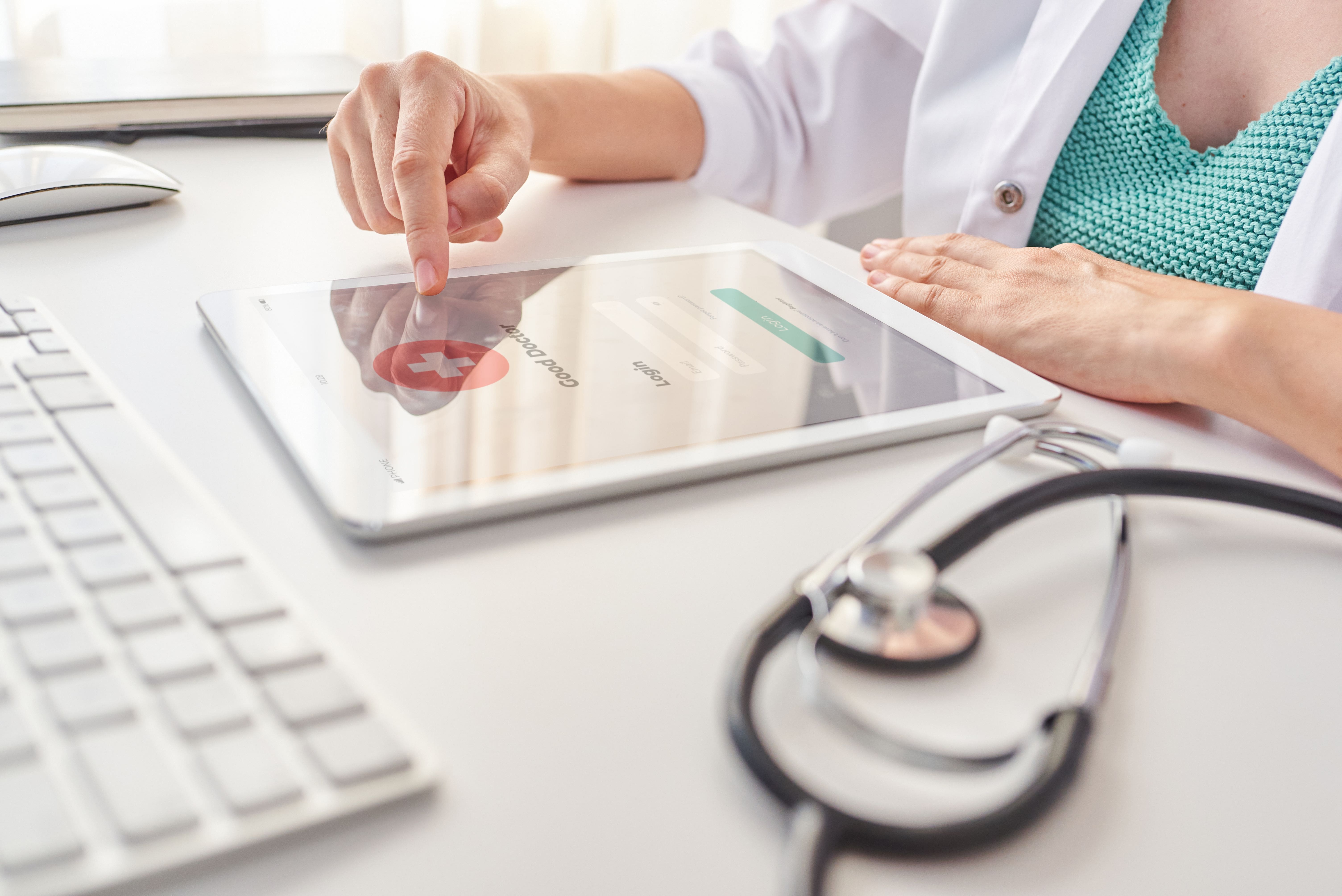परिचय
The Income Tax Act provides many deductions and allowances to help taxpayers reduce their tax liability. Sections 80C, 80CCC, 80CCD, and 80D to 80U are some sections of the Act for claiming tax benefits. In this article, we have discussed section 80DDB of the Income Tax Act.
Section 80DDB of the Income Tax Act talks about deduction from total income for expenditures incurred on medical treatment of self or a dependent relative. The tax relief under this section is provided only for expenditures incurred to treat specific diseases. The specified diseases and ailments to claim deduction under section 80DDB are mentioned in Rule 11DD of the Income Tax Act. Only individuals and Hindu Undivided Families (HUFs) can claim a deduction under section 80DDB.
The terms and conditions, documents, the limit of deduction under section 80DDB and other details of this section are discussed in detail below.
What is Section 80DDB?
Section 80DDB of the Income Tax Act provides tax benefits to individuals and HUFs for expenditures incurred by them for the treatment of specified illnesses. As per section 80DDB, if you are an individual taxpayer or HUF, you can reduce an amount as per the specified limits from the total income to reduce your total tax payable. The deduction can be claimed for medical expenses incurred on treatment of self or a dependent relative. The HUFs can similarly claim tax relief for the medical expenses incurred by any member of the HUF.
Persons Eligible to Claim Deduction under Section 80DDB
- Individuals (Resident in India) - For medical treatment of self or dependent relative.
Here, dependent relative means spouse, mother, father, brother, sister or children. - HUFs - For medical treatment of specified disease of any member of HUF.
Specified Illness or Ailment for Which Deduction Can be Claimed under Section 80DDB
The deduction under section 80DDB is allowed only for the expenses incurred to treat a major illness or ailment as specified in the Act. The diseases are specified in Rule 11DD of the Income Tax Act. As per Rule 11DD, the following are the eligible diseases for section 80DDB:
- For neurological diseases with a disability level of 40% or above. The level of disability shall be certified by a specialist as mentioned in the rule. The following neurological diseases are covered :
- डिमेंशिया / याद्दाश्त कमजोर होना
- Dystonia Musculorum Deformans
- Motor Neuron Disease
- Ataxia
- Chorea
- Hemiballismus
- Aphasia
- Parkinson's Disease
- Malignant Cancers
- Full Blown Acquired Immuno Deficiency Syndrome (AIDS)
- Chronic Renal Failure
- Haematological disorders - Hemophilia, Thalassaemia
Hence, you cannot claim deductions for medical expenses incurred for the treatment of diseases other than those specified above. Section 80DDB aims to provide relief to those who or their dependents are suffering from a major illness.
Documents Required to Claim Deduction under Section 80DDB
To claim the deduction under section 80DDB of Income Tax, the taxpayer shall have valid proof. The certificate or prescription given by a specified medical practitioner with a relevant degree recognised by the Medical Council of India is valid proof for this section.
| S. No. | Specified Disease (As per Rule 11DD) | Qualification or degree of specialist |
|---|
| 1 | Neurological diseases (as mentioned above) | Neurologist (Doctorate of Medicine or equivalent degree recognised by the Medical Council of India) |
| 2 | Malignant Cancers | Oncologist (Doctorate of Medicine or equivalent degree recognised by the Medical Council of India) |
| 3 | AIDS | Any specialist with a post-graduate degree in General or Internal Medicine or an equivalent degree recognised by the Medical Council of India |
| 4 | Chronic Renal Failure | Nephrologist (Doctorate of Medicine or equivalent degree recognised by the Medical Council of India) or Urologist ( Master of Chirurgiae or equivalent degree recognised by the Medical Council of India) |
| 5 | Haematological disorders | Oncologist (Doctorate of Medicine or equivalent degree recognised by the Medical Council of India) |
The prescriptions can be obtained from doctors working in private hospitals or government hospitals. For treatments undertaken in a government hospital, the prescription shall be given by a full-time specialist.
Amount of Deduction under Section 80DDB
Eligible taxpayers can claim a specified amount of deduction for specified medical expenses. The amount of deduction allowable under section 80DDB is different for different age groups. The limit of deduction under this section is based on the age of the person for whom the medical expenses have been incurred.
| Eligible person | Age of the person for whom the medical expenses have been incurred | Amount of deduction under section 80DDB |
|---|
| Individual (for self or dependent) or HUF (for any member) | Less than 60 years | ₹40,000 or actual expenditure, whichever is less |
| 60 years or above | ₹1,00,000 or actual expenditure, whichever is less |
| 80 years or above | ₹1,00,000 or actual expenditure, whichever is less |
Adjustment of Any Amount Reimbursed by the Employer or Received Against an Insurance Policy
- Amount received against an insurance policy - If the taxpayer has received an amount against an insurance policy for the treatment of the specified ailment then such amount shall be reduced from the total expenses incurred. The balance amount after adjusting the amount received from the insurance company shall be allowed as a deduction under section 80DDB.
Let us say, Mr X (Age 49 years) is suffering from the specified ailment and has incurred ₹60,000 for medical treatment during the financial year. He received ₹10,000 from the insurance company. In such case, he can avail only ₹40,000 as a deduction under section 80DDB. This is calculated as follows:
(i) Actual expenditure incurred during the financial year = ₹60,000
(ii) Amount received from insurance company = ₹10,000
(iii) Balance actual expenditure (i-ii) = ₹50,000
(iv) Allowable deduction (age less than 60 years) = Actual or ₹40,000, whichever is less
Hence, Mr X can claim a deduction of ₹40,000.
- Amount reimbursed by an employer - If the taxpayer gets reimbursement for the amount of medical expenditure, such amount shall also be reduced from the total expenses.Let us say Mr A (Age 45 years) incurred ₹45,000 for medical treatment eligible under section 80DDB. Out of which his employer reimbursed ₹20,000 In such a case, Mr A can claim a deduction of ₹25,000.
How to Claim Deduction under Section 80DDB
To claim a deduction under section 80DDB the eligible taxpayer has to submit Form 10-I as mentioned in Rule 11DD of the Income Tax Act. This form contains information to be filled in by the prescribed authority or medical practitioner certifying the illness and medical treatment undertaken by the applicant.
निष्कर्ष
Section 80DDB under chapter VIA of the Income Tax Act is exclusive of other sections. The benefit under section 80DDB can only be claimed by those who have actually incurred expenses on medical treatment of specified diseases for self or spouse, mother, father, children, brother or sister. It is to be noted that section 80DDB is different from sections 80C, 80D and other such sections that allow deductions for eligible expenses and investments.
If you are a resident individual or HUF falling under the criteria mentioned in Rule 11DD and provisions of section 80DDB of the Income Tax Act, you can also claim a deduction under this section and lower your tax burden.
Follow ABHI website and learn more about income tax-related matters, health insurance plans and more. You can also explore the following health insurance plans:
- https://www.adityabirlacapital.com/healthinsurance/activ-assure-diamond
- https://www.adityabirlacapital.com/healthinsurance/super-health-topup
- https://www.adityabirlacapital.com/healthinsurance/active-health-enhanced-insurance
- https://www.adityabirlacapital.com/healthinsurance/activ-fit






 1800-270-7000
1800-270-7000










